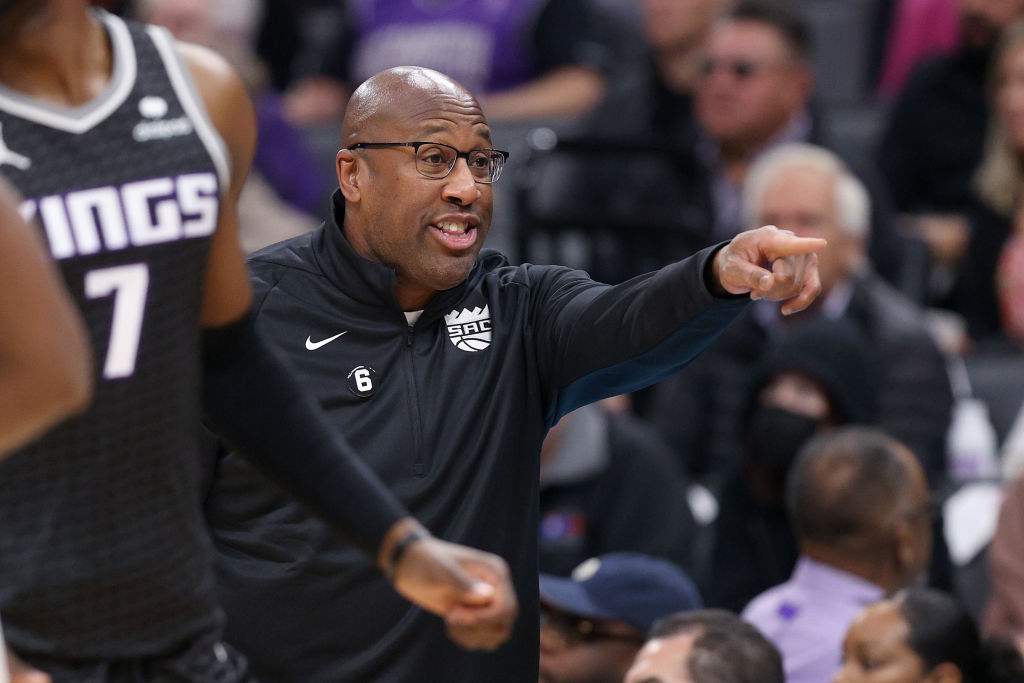One of the things that we take seriously at The Shadow League are documentaries. They entertain, but also educate, enlighten and uplift with the myriad of intimate information melded together to create a cohesive vision. Indeed, it cannot be overstated how TSL is beholden to the artistic and educational properties of a good documentarywith part of our DNA being indistinguishable from that which created ESPNs 30 for 30 series.
in 2017, I have screened and written reviews on documentaries that not only educated and entertained, but inspired as well.
From National Geographics LA 92 project documenting and examining the calamity and destruction of the riots sparked by the Rodney King riots, to Copwatch, which examines steps taken by concerned citizens to document the movements of police officers in the aftermath of the murder of Mike Brown, and the historic documentary The First To Do It, which highlights the achievements of Earl Lloyd, the first black NBA player, as well as Yance Fords heartbreaking work Strong Island, we purposefully seek out works that expound upon black plight and contribute to the culture.
With dozens of such works having been reviewed by yours truly this year, it was definitely a tall task to only sort out one. However, upon further review, its clear that I Am Not Your Negro is the most deserving of the title of my Documentary of the Year.
I Am Not Your Negro – Official Trailer
Now on iTunes: http://bit.ly/IANYNiTunes Amazon Video: http://bit.ly/IANYNAmazonVideo Google Play: http://bit.ly/IANYNGooglePlay Like on Facebook: https://www.facebook.com/jamesbaldwinmovie In his new film, director Raoul Peck envisions the book James Baldwin never finished – a radical narration about race in America, using the writer’s original words.
Heres a summary of my original review, written in February;
I Am Not Your Negro also gives invaluable insight into the fight against white supremacy in the past, and how little has changed in many regards. Director Raoul Peck masterfully meshes together footage of Baldwin at speaking engagements, popular culture film references of yesteryear, his letters to his publishers, and other philosophical summations of the author.
The narration by Samuel L. Jackson envelopes the entire production in yet another layer of unapologetic negritude. A favorite scene of mine is Baldwin’s account of a gathering of black intellectuals that included author/playwright Lorraine Hansberry in a meeting with Attorney General Robert F. Kennedy.
Through Baldwin, we see that we are indeed one with the past. We bear its scars and suffer the consequences of its mistakes. But after a while, mistakes stop being mistakes, they’re choices. America has chosen this path and only she can hope to change it. I, like Baldwin before me, am hopeful.
The Academy Award-nominated documentary is as relevant today as it would have been 30 years ago. But I do somberly reflect that said relevance is indicative of American societal rot, rather than cultural evolution. Overall, it’s a great piece of work worthy of its subject matter.


